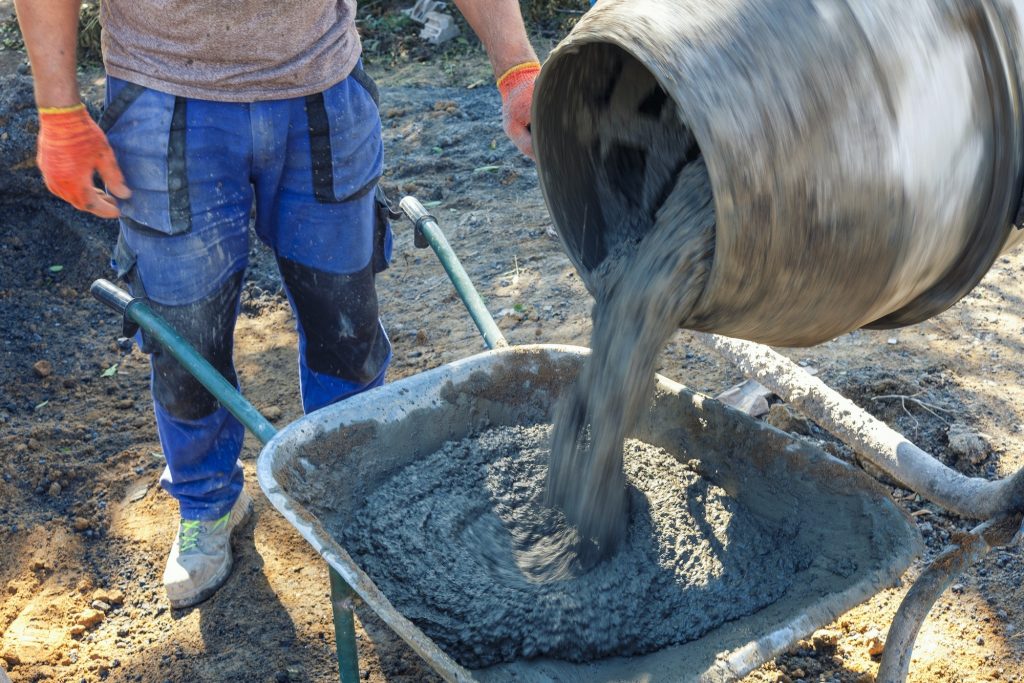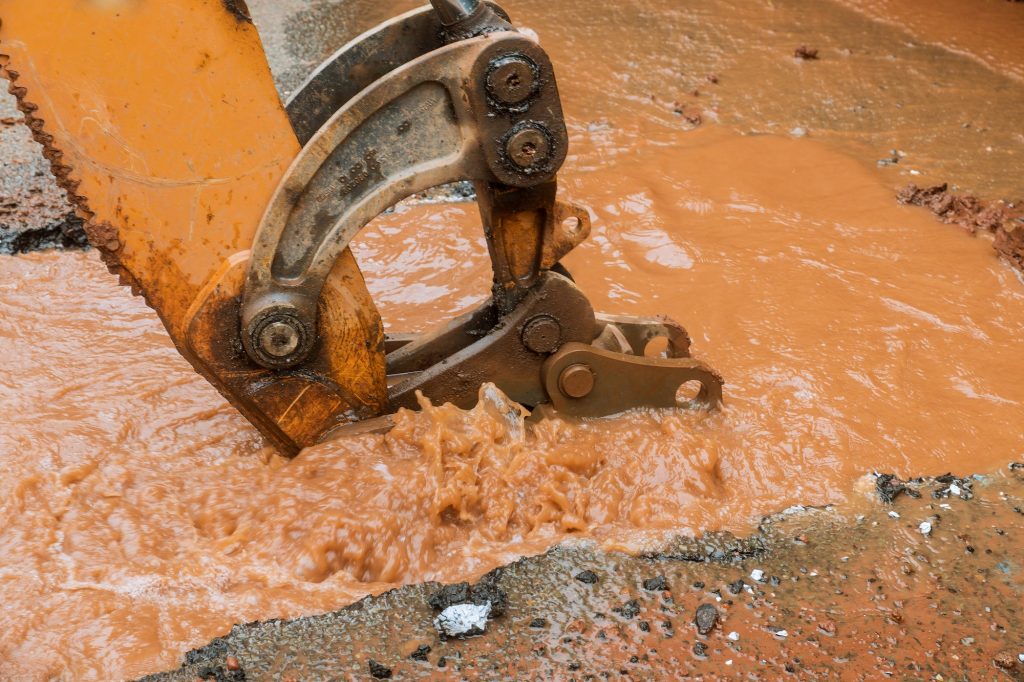Why Does My Tap Water Taste Like Metal?
When you notice your water taste like metal, you’re probably wondering what causes it and if it’s something that could be harmful. In this article, you’ll learn a little more about the problem and what you can do to get rid of the metallic taste in your water.
What Makes Water Taste Metallic?
If you are experiencing metallic taste in your water, you should know there is a way to remedy this situation. While the health implications of drinking metallic water vary, the most common cause is excess metal content in your supply.
Depending on your specific situation, there are several things you can do to fix the problem. The first thing you should do is locate the source of your metallic water. For example, you might find that it comes from an old water heater or an old rusty spigot on your roof.
Another possibility is the occurrence of trace minerals in your water. If you are unsure, it is wise to consult a professional. A high-quality filter can remove most of the trace metals in your supply.
Although there are many factors that contribute to a metallic taste in your tap water, the most obvious is a high concentration of iron. Depending on your location and water source, the amount of iron in your water supply will vary. This is because there are several sources of metals in the Earth’s crust.
Other common culprits of a metallic taste are lead, zinc, and manganese. All three can present serious health issues. They can be particularly dangerous for children and adults.
One of the best ways to combat the metallic taste in your water is to install a whole house filtration system. A good filter will get rid of the majority of the trace metals in your water supply and also reduce toxins.
However, this does not guarantee that you won’t have metallic-tasting water again. Sometimes, the source of the problem is a one-time incident. That is why it is important to take note of the various source taps that you may be using to determine the exact location of the problem.
In addition to metallic taste, your tap water might also contain other potentially harmful elements. Lead is not only toxic, but can cause liver damage, kidney failure, and hypertension. Similarly, copper can have similar health effects. You should also look into purchasing a non-phenolic tap washer, as they can react with chlorine in the water supply and help eliminate the metallic taste in your water.
Can Domestic Plumbing Affect the Taste of Water?
If you’ve noticed a weird taste in your water, it’s possible that the problem lies in your plumbing. You should contact your water supplier to find out if your water is safe to drink.
Typical water treatment methods include filtration, aeration, and air injection. These methods work by removing contaminants that can make water smell or taste bad. Some of these contaminants include bacteria, viruses, and arsenic. But some toxic substances can be present without affecting the water’s flavor.
A metallic taste in water is usually the result of the corrosion of galvanized pipes. It can also be caused by iron and manganese, which are naturally present in many water sources. Iron and manganese can stain appliances and plumbing and lead to clogging. Having a good household water treatment system is important to removing these materials.
If you’re having a rotten egg or wet dog taste in your water, you might be dealing with a buildup of organic matter from algae or bacteria. This kind of odor is often accompanied by a rusty or earthy flavor.
Besides a strange taste, there are other reasons to suspect your water is contaminated. There can be a buildup of toxins, which can cause serious health problems. The main source of toxins can be bacteria.
If your water has a metallic taste, it might be caused by iron or zinc. Zinc is generally the result of corrosion of galvanized plumbing. Another common cause is oxidation.
Generally, it’s not a health risk to drink water with a metallic taste. However, if the taste persists, you should consider having your entire home re-piped.
A salty or plastic taste is another common occurrence in domestic plumbing. Salty water can be a problem if you’re on a sodium-restricted diet. And plastic plumbing can impart a plastic or chlorine taste to your water.
Some plastics are more likely than others to give your water a plastic or chlorine taste. Plastics that contain PEX-a and cPVC are the least likely to give your water a plastic or chlorine flavor.
When you think your plumbing might be causing the taste of your water, you can try replacing old washers and check valves. You can also contact your local health department to have your water supply tested.
Is Metal Tasting Water Harmful?
If you are getting a metallic taste in your water, it may be because of the contaminants in your water supply. You can get a free test from EPA Water and find out if your water is safe.
If your water is corrosive, it can contain metal particles, which give it a metallic flavor. These particles can come from the pipes in your home or from the main in your city. Luckily, there are a number of ways to eliminate this hazard.
Using a whole house filtration system is a great way to remove the metallic taste from your water. You can also buy a water testing kit that will allow you to determine the amount of metallic compounds in your water.
You can also use an ionized water filter to remove the metallic taste. Some people even opt for bottled water, believing that it is a cleaner alternative to tap water. But there are still risks to buying bottled water.
The health risks associated with the presence of trace metals in water are varied. Lead, for example, can cause serious health issues. It has been found to cause cancer in animals.
Copper is a vital mineral, as it helps form healthy red blood cells. It can also prevent heart disease and osteoporosis. However, drinking too much copper can lead to kidney damage and diarrhea.
Metals that give water a metallic taste include iron, manganese, and zinc. Many people don’t realize that some of these minerals are not harmless. When consumed in large amounts, they can lead to a number of health problems, including diarrhea, kidney damage, and anemia.
Similarly, trace amounts of chromium-6, a metal used to produce anticorrosion coatings, have been found to be a cancer risk. That is why it is important to consider your health and your options when it comes to your drinking water.
Lastly, some chemicals have a very strong odor. They can be found in swamps and dumping ground, which can contribute to the metallic components in your water.
The fact is that many people have metallic tasting water, but that doesn’t mean it is unsafe. As long as it isn’t contaminated with lead, there isn’t a problem.
What Can I Do if My Water Tastes of Metal?
If you’ve ever noticed your tap water tastes metallic, you aren’t alone. It’s a common problem that may be affecting your health. Fortunately, there are a few things you can do to remedy the issue. First, you should identify the source of the problem. Whether you have city water or well water, there are steps you can take to ensure you have safe, contaminant-free water.
One of the most common reasons for metallic taste in tap water is high levels of iron. Iron is not generally a problem, but if it is present at very high levels, it can lead to health concerns. To help keep your water supply free of dissolved metals, consider installing a water filter or a water softener.
Another cause of metallic taste in tap water is the presence of trace minerals. Depending on where you live, you could have a water source that contains a high concentration of copper, manganese, or zinc. These elements are not harmful, but they do produce a metallic taste.
Fortunately, getting rid of these contaminants can be simple. A water softener or a good water filter can remove the taste from your water.
Some of the most commonly detected contaminants in our drinking water include lead, iron, and copper. Those who have high levels of lead may experience a range of negative health effects. High levels of copper can also lead to digestive problems in adults. In infants, elevated copper can cause liver and kidney damage.
There are other reasons for metallic taste in tap water, including a corrosive tap washer or rusty fixtures. It’s best to have your water tested to find out what’s causing your metallic taste.
If your water source is not the culprit, your next step is to identify the taps that are generating the metallic taste. For example, if you have an older faucet in the kitchen, it might be the source of the taste. Older residential pipes are another common source. Getting your plumbing serviced can help eliminate the metallic taste.
You can learn more about your city’s water supply by visiting the EPA’s website. You can also get your water tested at a certified lab.



